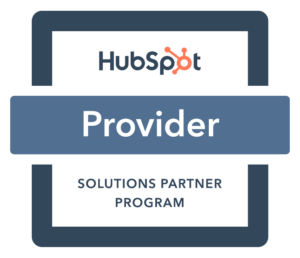In early December, I led a discussion workshop for the TechConnex Women in Tech peer group on the book “How Women Rise: Break the 12 Habits Holding You Back from Your Next Raise, Promotion, or Job.”
The book is a collaboration of two great management thinkers. Marshall Goldsmith and Sally Helgesen. They have found that some of the standard advise given to help people navigate career advancement didn’t always fit women. They co-authored the book to fill the gap.
I grouped the 12 habits into 6 pairs by their outcomes. We discussed half in December and will continue in January.
As often happens when you lead a session like this, I came away learning a bit more about myself. Listening to others and reflecting on my own experiences, I had a aha or two.
I came away deciding to look again at which of the habits I personally need to work on. And to change it up a bit.
When I first read/listened to the book, I really saw myself in the Habit 2: Expecting others to spontaneously notice and reward our contribution.
As with a lot of our habits, it has served me in the past to show up and do good work.
As a woman in tech, my accomplishments weren’t always recognized up front. So, I didn’t try to sell myself first. I stood on my work. Only thing is… you aren’t always recognized then either.
These days, as a consultant, I need to be recognized for my abilities to get in the door in the first place. I need to improve my self-promotion.
I’ve been tailoring my about-me using a formula they discuss in the book:
- What I am doing today.
- Where I want to take it. (As a consultant, it’s often where I can take my clients.)
- My authority to do this.
This habit is one we will talk about in January. Only… I realize the habit that has been holding me back also includes Habit 10. Too much. (Too much emotion, too many words, too much disclosure.)
In the about-me formula that I mention above, I all too often am not concise in describing my authority to do the work I do. I often tell it as the back story of how I got here. And like a lot of us it was a long and winding road.
Hmmm.
Limiting the story sounds a bit contrary to the advice people give that you need to include storytelling in your pitches.
I think it’s part of the whole dilemma that standard advise doesn’t always fit women. Or they are already there. It’s like being told to be more empathetic when you already are.
Maybe using story is a good thing. But the storytelling must fit the purpose of what you are trying to do.
It should overshadow – it needs to support the message. It needs to be concise. And clear. And resonate with your audience.
The art of storytelling is very powerful. Use that power well.
How do you use storytelling? Are your stories landing?
